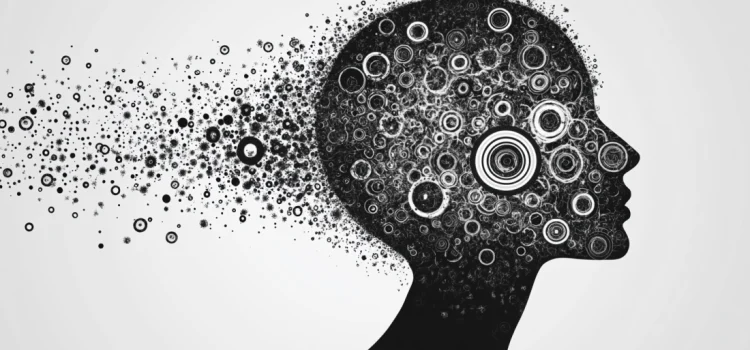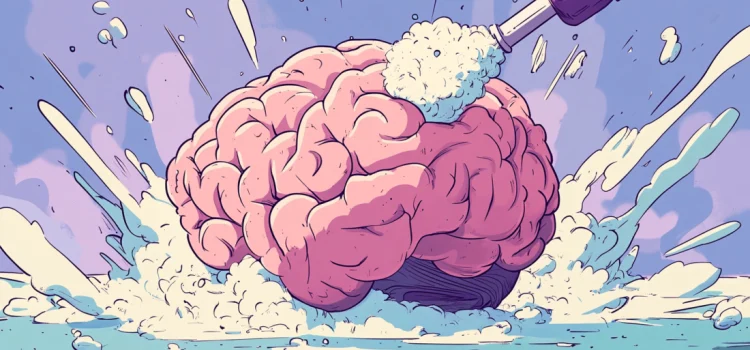What makes hearing different from our other senses? How do animals use sound in ways humans can’t even imagine? In An Immense World, Ed Yong explores the remarkable sense of hearing in animals, revealing capabilities far beyond human perception. From birds detecting subtle variations in song to whales mapping ocean floors with sound, the animal kingdom showcases extraordinary auditory abilities that help creatures survive and thrive. Keep reading to discover fascinating examples of how animals perceive sound and learn how their unique abilities are helping scientists develop better solutions for human hearing problems.
The Sense of Hearing in Animals: How They Hear What We Can’t










